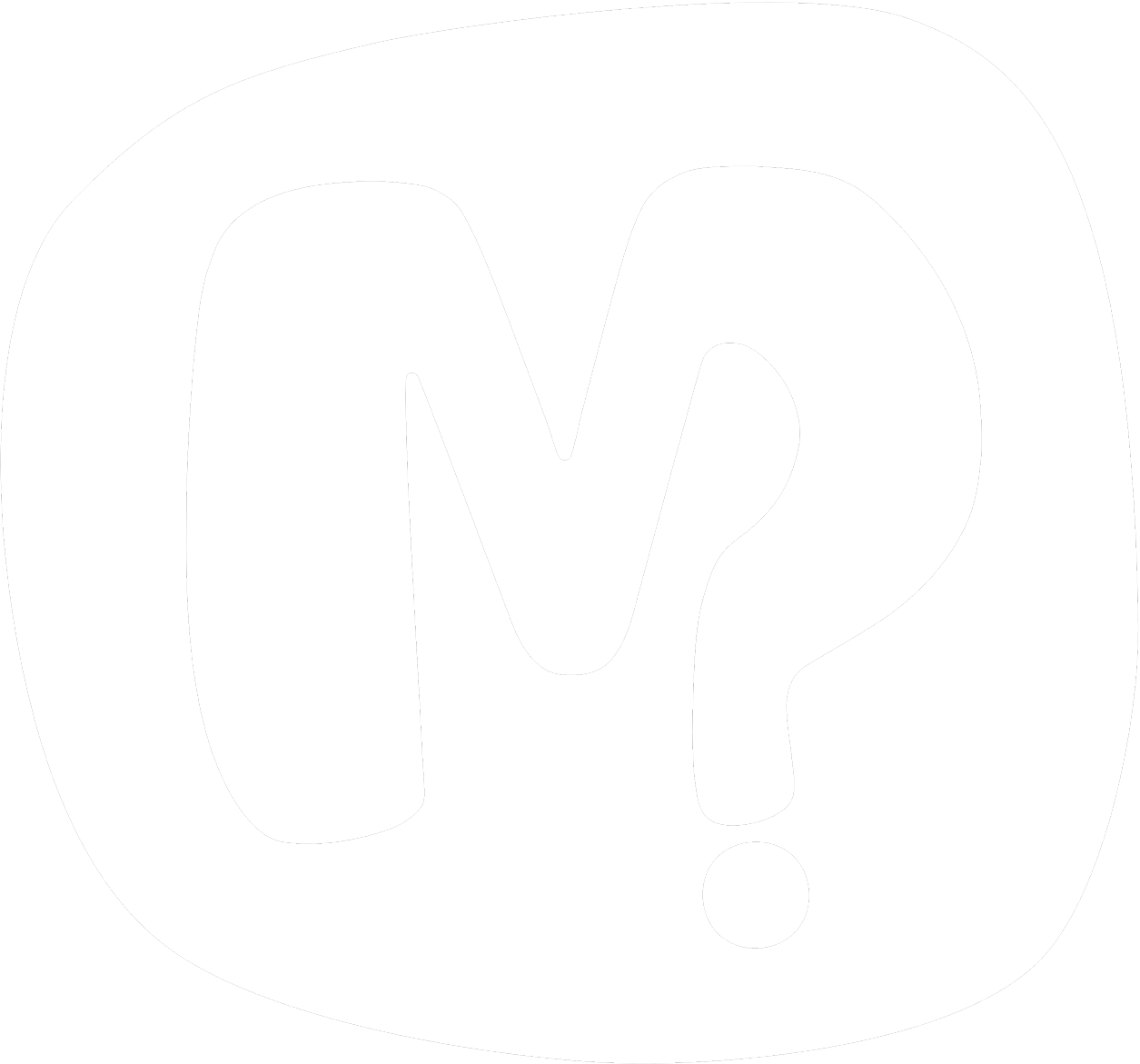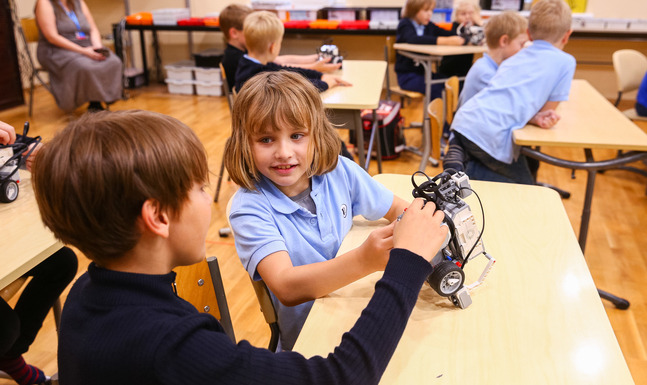Schools for the Future
Rationale
By analysing different school programs and how they prepare students for the future, we can explore possibilities that may improve our own learning environments.
Big Question
How are schools preparing students for the future?
Guiding Question/s
- How can we inspire others to improve our school program?
- How can we persuade others to improve our school program?
Essential Questions
- What are some examples of innovative programs in schools around the world?
- How could advances in technology change school programs?
- What changes would teachers and students like to see in schools?
- Which skills will best prepare students for the future?
- How could we enhance learning and student motivation?
Future Action
Students will have an insight into skills that may serve them well in the future. They will be able to analyse information and make recommendations for change, providing supporting evidence. Students will be more able to innovate on existing ideas and apply these new ideas to their own context and experience.
Immersion Phase
Immersion
Your students will participate in immersion experience/s and record their ideas and questions.
Your students will participate in immersion experience/s and record their ideas and questions.
Launch Phase
Questions
Your students will develop questions to add to the classroom Wonder Wall.
Your students will develop questions to add to the classroom Wonder Wall.
Research Plan
Your students will form into their Investigation groups, select questions, and develop a plan for their research.
Your students will form into their Investigation groups, select questions, and develop a plan for their research.
Research Phase
Research
Your students will set research goals, conduct and record their research, and reflect at the end of the session.
Your students will set research goals, conduct and record their research, and reflect at the end of the session.
Synthesis Phase
Findings
Your students will share and summarise their research findings and present what they have learnt with the rest of the class.
Your students will share and summarise their research findings and present what they have learnt with the rest of the class.
Assessment
You will conduct a conference with each student to assess their understanding of the content they have learnt during their research.
You will conduct a conference with each student to assess their understanding of the content they have learnt during their research.
Collaboration Phase
Product Plan
Your students will select product/s to create in response to the guiding question of this investigation.
Your students will select product/s to create in response to the guiding question of this investigation.
Product Creation
Your students will work in their Investigation Group to create their product/s and reflect on their role during this session.
Your students will work in their Investigation Group to create their product/s and reflect on their role during this session.
Exhibition Phase
Exhibition Preparation
Your students will prepare their product/s for the exhibition.
Your students will prepare their product/s for the exhibition.
Exhibition
Your students will share their product/s at the exhibition and collect feedback from exhibition attendees.
Your students will share their product/s at the exhibition and collect feedback from exhibition attendees.
Evaluation Phase
Feedback
Your students will analyse feedback they received from the attendees of the exhibition, conduct self-assessment using rubrics, and reflect on social skills.
Your students will analyse feedback they received from the attendees of the exhibition, conduct self-assessment using rubrics, and reflect on social skills.
Future Action
Your students will reflect on what they have learnt during this investigation, consider the Habits they have practised, and revisit questions on the Wonder Wall.
Your students will reflect on what they have learnt during this investigation, consider the Habits they have practised, and revisit questions on the Wonder Wall.


